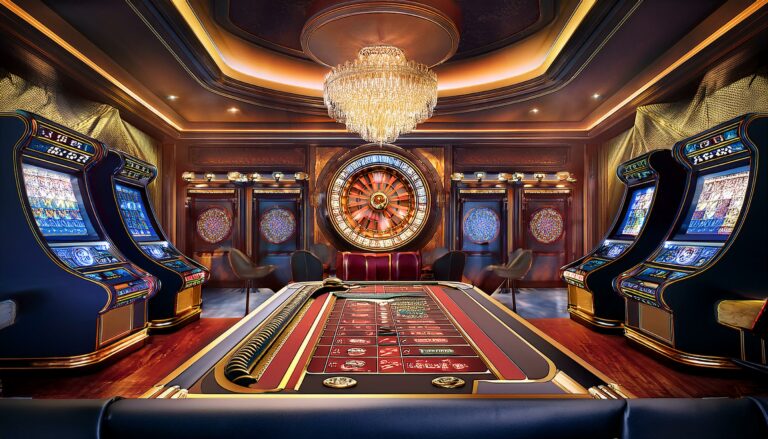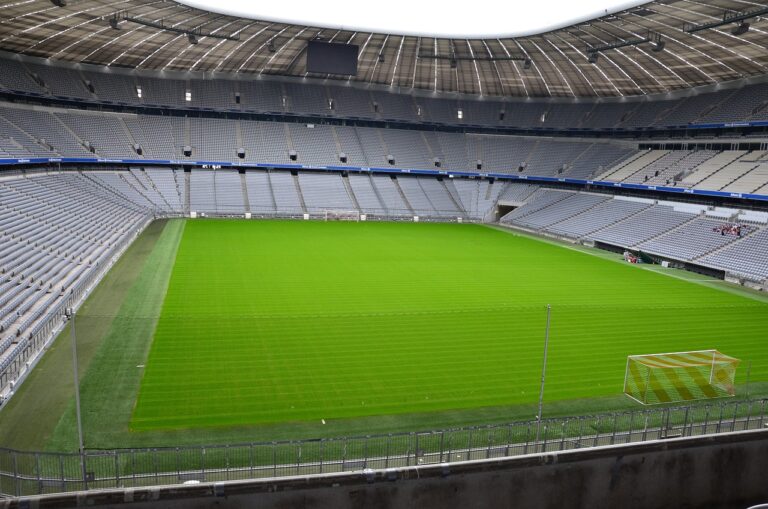The Influence of Design Psychology on Hotel Interiors: Creating Comfortable and Inviting Spaces: Betbhai9, Playexch in login, Lotus 365.vip
betbhai9, playexch in login, lotus 365.vip: The Influence of Design Psychology on Hotel Interiors: Creating Comfortable and Inviting Spaces
As we step foot into a hotel, we are immediately greeted by the hotel’s interior design. The colors, textures, furniture, and lighting play a crucial role in shaping our overall experience and influencing our emotions. Design psychology, the study of how design elements impact human behavior and emotions, has a significant influence on hotel interiors. By implementing design strategies informed by psychology, hotels can create spaces that are not only visually appealing but also comfortable and inviting for guests.
Creating a Welcoming Entrance
The entrance of a hotel sets the tone for the entire guest experience. Designers often use elements such as lighting, colors, and furniture to create a welcoming and inviting atmosphere. Warm and inviting colors like soft blues and earth tones can evoke a sense of calmness, while strategically placed lighting can create a sense of brightness and openness.
Creating Relaxing and Serene Bedrooms
The design of hotel bedrooms is key to creating a comfortable and relaxing space for guests to unwind. Soft, neutral colors help create a sense of tranquility, while comfortable beds, plush pillows, and soft linens enhance the overall comfort level. Designers also pay attention to details such as room layout, furniture placement, and lighting to ensure a relaxing and serene atmosphere.
Enhancing Social Spaces
Hotels often have social spaces such as lobbies, restaurants, and bars where guests can interact and socialize. Design psychology plays a crucial role in creating these spaces to be welcoming and inclusive. Comfortable seating arrangements, ambient lighting, and inviting decor can encourage guests to linger and enjoy their surroundings.
Incorporating Nature Elements
Biophilic design, which integrates natural elements into interior spaces, has been shown to have a positive impact on human well-being. Hotels often incorporate nature elements such as plants, natural materials, and natural light to create a connection to the outdoors and promote a sense of tranquility and relaxation.
Fostering a Sense of Safety and Security
Design psychology also influences how hotels create spaces that provide a sense of safety and security for guests. Elements such as clear wayfinding, well-lit spaces, and secure entrances contribute to a feeling of safety and comfort. Hotels also use design strategies to create private and intimate spaces within public areas to provide guests with a sense of privacy.
FAQs
Q: How can hotels use design psychology to create a welcoming atmosphere?
A: By using warm colors, comfortable furniture, and inviting lighting, hotels can create a welcoming atmosphere that makes guests feel at home.
Q: What role does nature play in hotel interiors?
A: Incorporating natural elements such as plants, natural materials, and natural light can create a connection to the outdoors and promote relaxation.
In conclusion, design psychology plays a crucial role in shaping hotel interiors to create spaces that are not only visually appealing but also comfortable and inviting for guests. By understanding how design elements influence human behavior and emotions, hotels can create a memorable and enjoyable guest experience.







